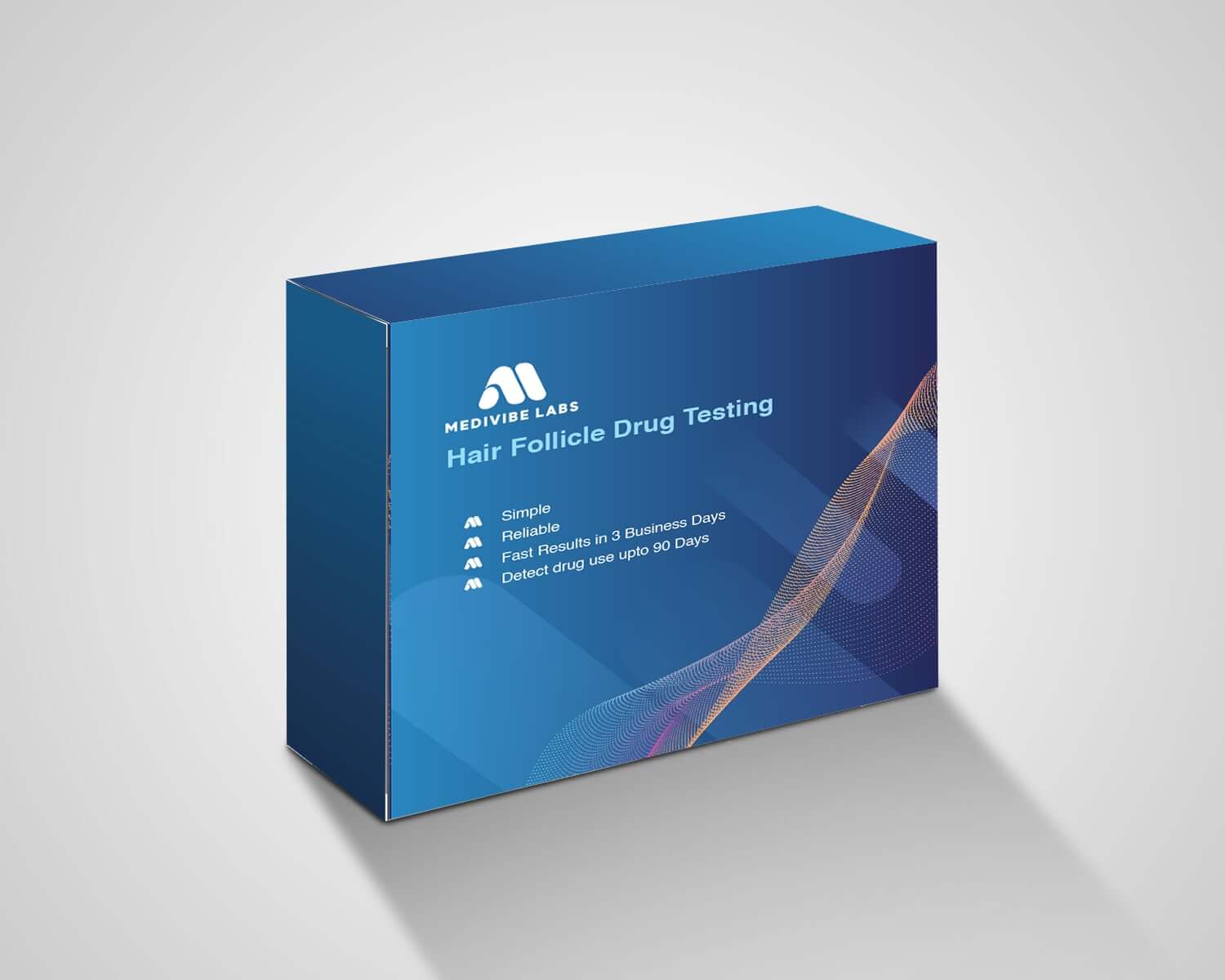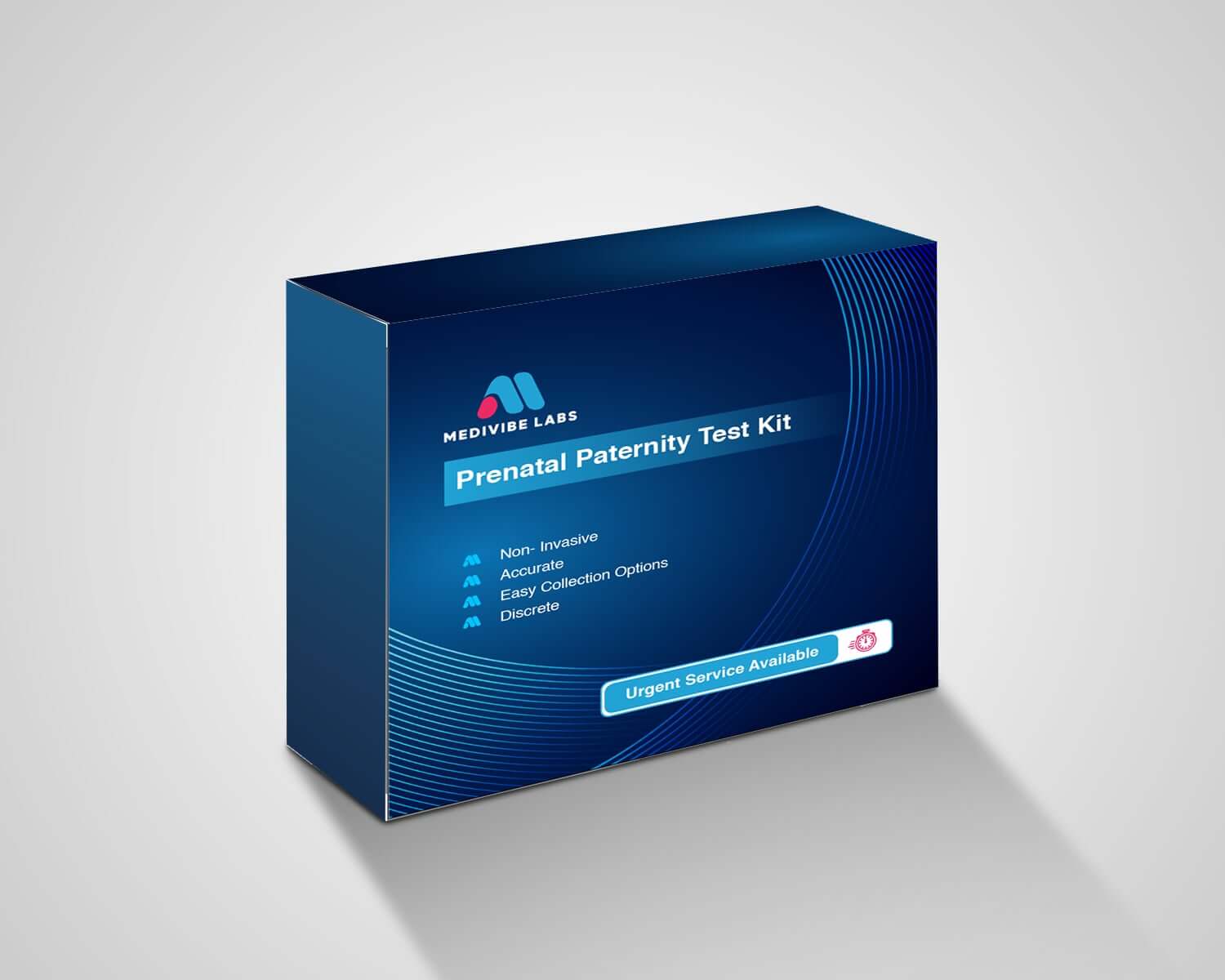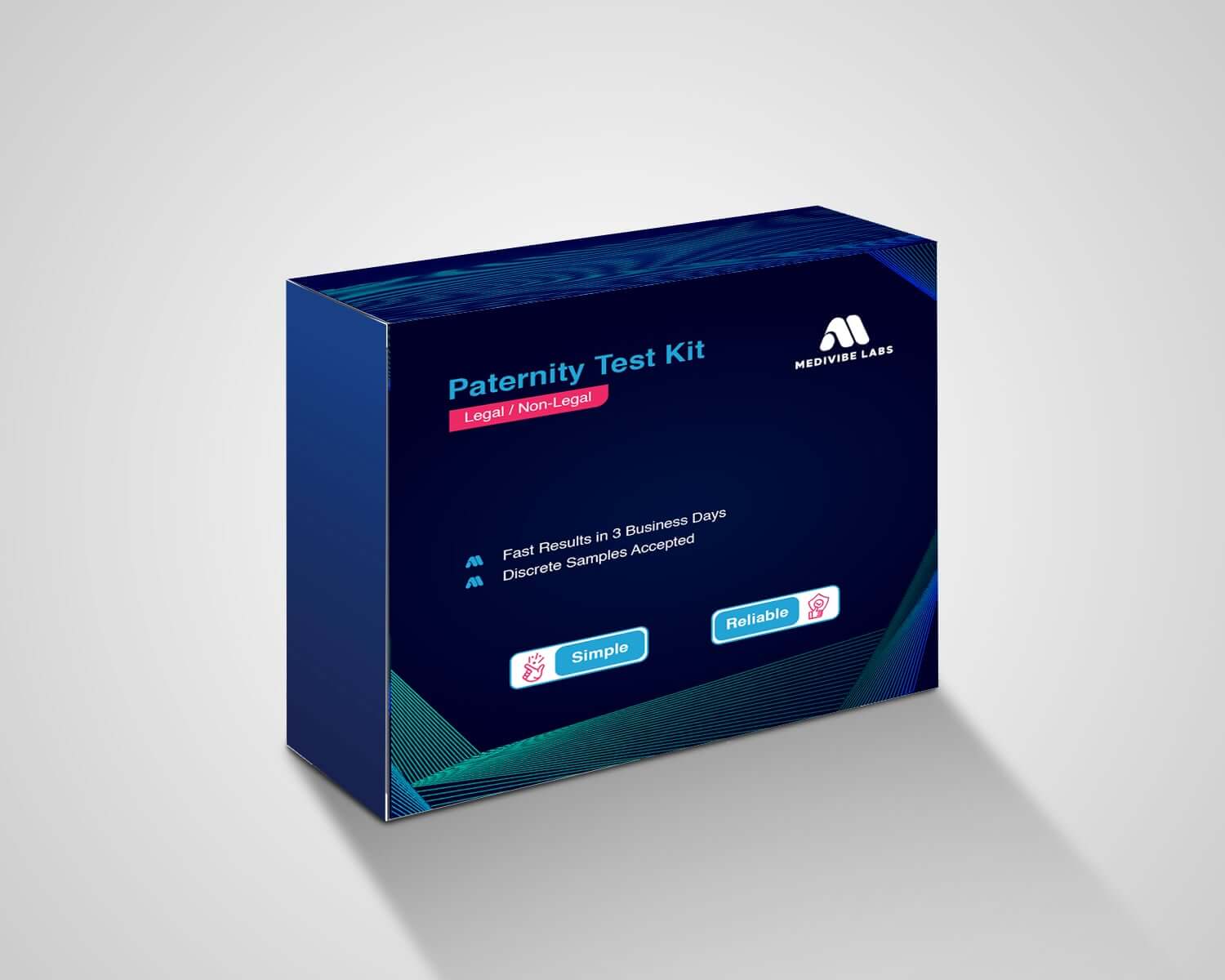Description
How It Works
- Sample Collection:
- Cheek Swabs: DNA samples are typically collected using a non-invasive cheek swab from the child and the potential uncle or aunt.
- Participants: Usually involves the child and one or both of the potential aunts or uncles. In some cases, samples from the child’s parents can improve accuracy.
- Sending Samples:
- Samples are sent to a certified laboratory for analysis in sealed containers.
- DNA Analysis:
- Extraction: The laboratory extracts DNA from the samples.
- Marker Comparison: Genetic markers are compared to determine similarities. The test analyzes markers that indicate familial relationships.
- Probability Calculation: The lab calculates the probability of a biological relationship based on the genetic similarities.
- Results Reporting:
- Report Generation: A detailed report is created.
- Probability Results: The results show the likelihood that the individual is the biological uncle or aunt, typically expressed as a percentage (e.g., 90% probability).
- Interpretation: The report includes explanations of the findings.
Reasons for Testing
- Confirming Relationships: To establish whether someone is a biological uncle or aunt.
- Legal Reasons: For custody disputes, inheritance claims, or immigration purposes.
- Health Information: To understand genetic risks associated with inherited conditions.
Considerations
- Accuracy: Uncle/aunt tests can provide strong evidence, but they may not be as conclusive as direct parent-child tests.
- Privacy: Always consider consent and privacy when testing family members.
- Reputable Labs: Choose a certified laboratory to ensure reliable results.
Frequently asked questions
- What is an uncle/aunt DNA test?
An uncle/aunt DNA test determines whether a specific individual is the biological uncle or aunt of a child by analyzing genetic markers in DNA samples from both the child and the potential uncle or aunt.
- Why would someone need this test?
People may seek this test to confirm familial relationships for reasons such as inheritance claims, custody disputes, or to gain insight into family medical history.
- How is the test conducted?
The test involves collecting DNA samples through painless cheek swabs from the child and the potential uncle or aunt. These samples are sent to a laboratory for analysis.
- How accurate is an uncle/aunt DNA test?
The test can provide a high level of accuracy, often giving a probability percentage (e.g., 90%) indicating the likelihood of the biological relationship. However, it may not be as definitive as direct parent-child tests.
- How long does it take to get results?
Results are usually available within a few days to a couple of weeks, depending on the laboratory’s processing time.
- Are there legal implications of the test results?
Yes, the results can have legal ramifications, particularly in custody or inheritance matters. Consider consulting a legal professional if you anticipate needing to use the results in a legal context.
- Is the testing process confidential?
Reputable laboratories prioritize privacy and confidentiality. It’s important to review the lab’s privacy policy to understand how your information will be handled.
- Can I perform the test without the consent of the uncle/aunt?
While it’s possible to collect samples without consent, it’s generally advisable to obtain consent to avoid ethical and legal complications.
- What if the test shows no biological relationship?
If the results indicate no biological relationship, it can confirm assumptions about familial ties. Consulting a genetic counselor can provide guidance on next steps and understanding the implications.
- How do I choose a reputable testing lab?
Look for accredited labs with positive reviews, transparency in their processes, and clear privacy policies. Ensure they adhere to industry standards for DNA testing.






Reviews
There are no reviews yet.